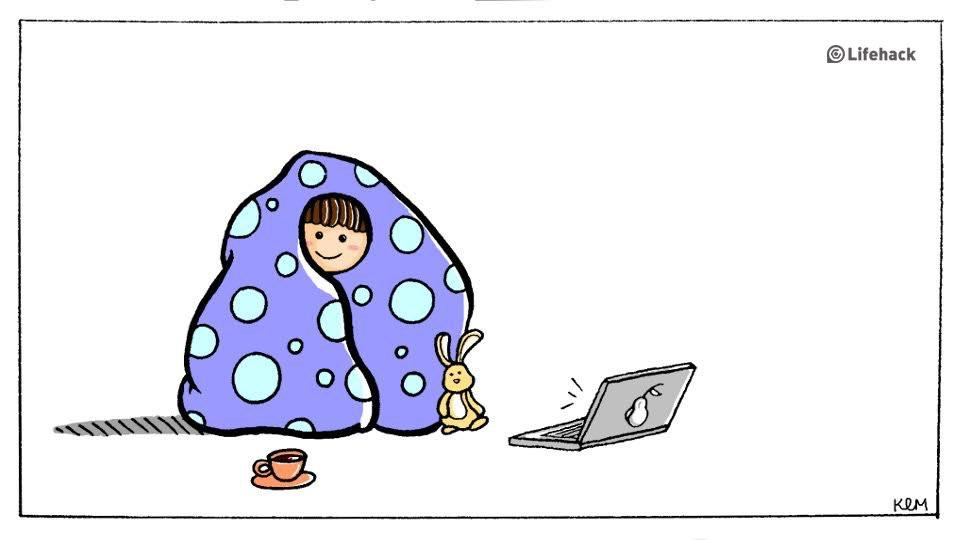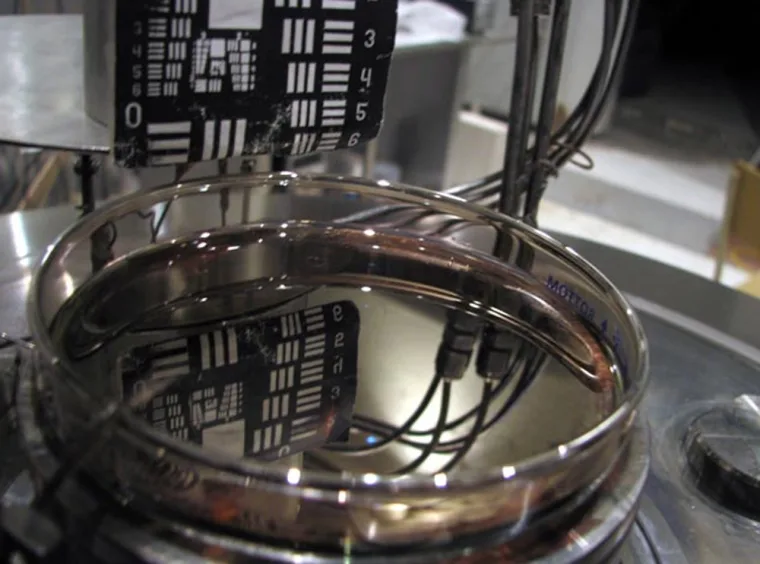
In the modern era, people are more social than ever. Hangouts, parties, festivals, and these multitudes of packed gatherings occur all the time. However, socializing constantly and not spending some time by yourself can be pretty straining. Human beings, even the most social extroverts, need some time alone for mental health and overall wellbeing.

Causing the inability to recognize the faces you see everyday, face blindness is a rare, but difficult disorder to live with. Learn about this neurological disorder and what the challenges of living with it are like.

As an incoming freshman at Columbia University majoring in biochemistry, Daniel Moon has already lived through the grueling experience of highschool and college admissions. He hopes that he can provide insight for anyone currently going through the application process.

Coffee. A refreshing beverage enjoyed by millions around the world among almost every age group. While in the past coffee has not been on the side of science, newer research shows that in moderation coffee can actually be pretty beneficial!

Learn about the production of electricity, as well as some key components of circuits to understand one of the most essential resources of our time.

As the field of astrophysics continues to expand and we attempt to peer into the far reaches of the universe, one new technology is starting to prove its worth —— liquid magnetic telescopes, whose surfaces can be altered in real time. When we can manipulate the physical technology in our hands, a universe of possibilities opens up.

Learn about why viruses are so dangerous for us, as well as about the key characteristics of the most dangerous viruses out there and different types of treatment.

In this day and age, it’s important to maintain good mental health. Are social skills a primary factor in achieving good mental health?

This article breaks down the fundamental ideas behind quantum computing, including what a qubit is, superposition, and quantum entanglement.

Fast fashion, despite being such a big part of the clothing industry, is a lose-lose situation for both the environment and its consumers due to its cheap methods and shortcuts.